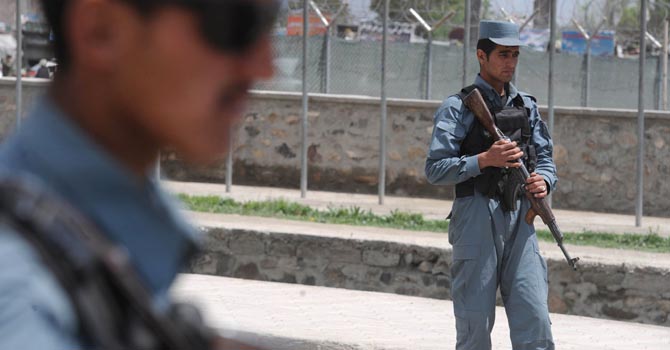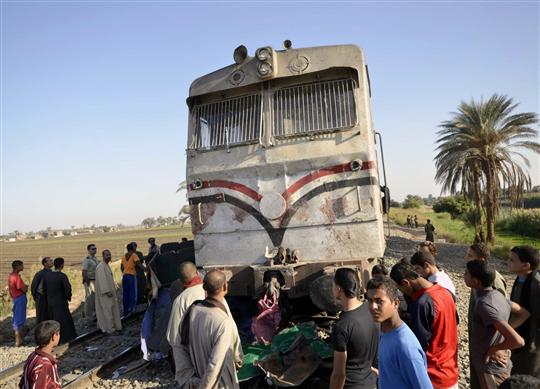JOHANNESBURG: South African public servants downed tools indefinitely on Wednesday, warning that the stay-away will continue until wage demands by unions representing 1.3 million workers are met.
"The strike is indefinite. It will go on until there has been an improvement, until the government delivers on our demands," said Fikile Majola, general secretary of the National Education Health and Allied Workers Union.
Public unions have refused to budge from demands for an 8.6 percent increase — more than twice the rate of inflation — and a monthly housing allowance of 1,000 rands (137 dollars, 107 euros).
The government’s latest offer is a seven percent increase and a 700-rand housing allowance.
The strike was announced late Tuesday after four days of consultation in which the state’s offer was rejected with backing from unions representing 1.3 million teachers, nurses and government workers.
"The response has been very good especially in the schools," Majola told AFP.
"The announcement was made late last night and we expected there would be a slow start. By lunchtime we should see an even better turnout and starting tomorrow, a complete shutdown."
A one-day strike last Tuesday was only partially observed with union leaders warning that a full-blown strike would follow if the government did not deliver.
The state has insisted it cannot meet the unions’ demands without trimming public services, amid fierce pressure to improve schools and expand access to water and electricity.
The public services ministry on Tuesday said it remained committed to a solution but that "any further movement would require tradeoffs on service delivery programmes and job creation".
It called on workers to demonstrate peacefully, condemning disruptive protests, and warned that a "no work, no pay" principle applied to those who went on strike.
Workers in essential services like health, police, prisons and ports of entry are expected to report for duty, it added.
The government is looking to avoid a repeat of a crippling four-week strike three years ago which was the longest and most widespread since the end of apartheid in 1994.
The strike led to school closures and hospitals running skeleton services with the help of army medics and civilian volunteers as hundreds of thousands of workers stayed away.
South Africa’s unions are politically powerful and key allies of the ruling African National Congress, but tensions have erupted over both wages and general economic policy.
Anger over the wage offer is fuelled in part by what workers see as a flashy display of wealth by senior government officials on expensive cars and high hotel bills.
Unions played a key role in the struggle against the white-minority apartheid government, which also gives them special stature in society.


